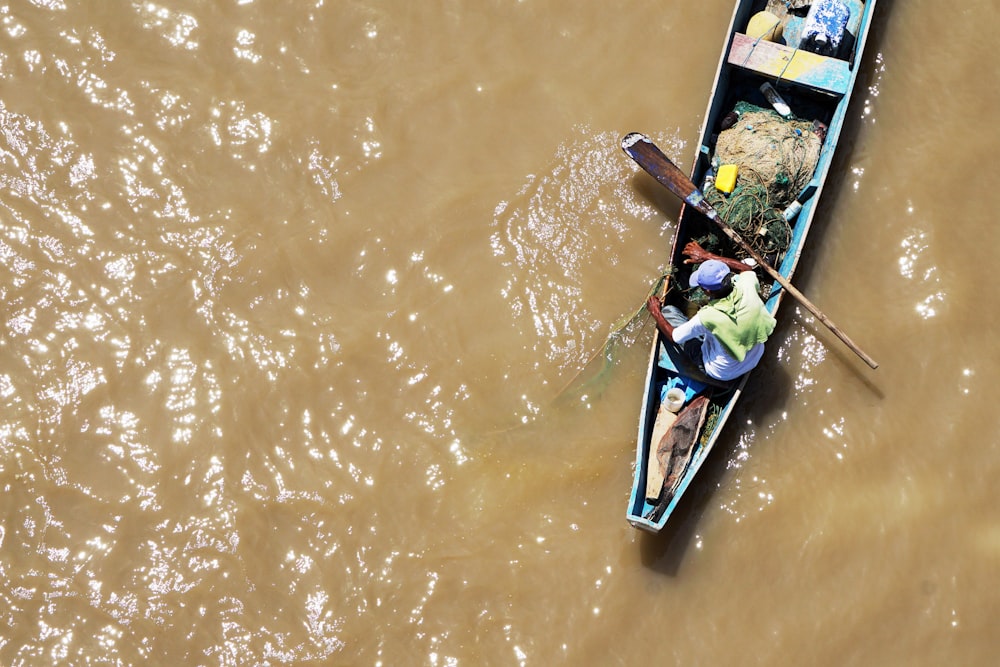Climate change looms in every part of the world; people are experiencing both the subtle and stark effects in the form of gradually shifting weather patterns, severe drought, supercharged storms, massive flooding, blistering heat waves, glacier melt, and sea-level rise. The latest IPCC report clearly indicates that humankind will experience the severity of environmental depletion at a larger scale in the coming years if the global temperature rise is not restricted to 1.5 centigrade.
The negative impacts of climate change are not bound to a region or continent. Still, the most vulnerable population are those living in low-income countries with mere necessities of life. This was the significant issue widely discussed in the recently ended Glasgow climate conference. Millions of people will be plunged into further poverty if the environmental depletion worsens.
In fact, the poorest communities around the globe mostly live in the most fragile land patches and are often politically, socially, and economically marginalized. Due to global warming and environmental depletion, their income sources have been greatly affected, making it difficult to feed their families and secure a decent future.
The growing pace of poverty is interlinked with climate changes. The increasing occurrence and intensity of extreme weather events like storms, hurricanes, wildfires, volcanic eruptions, massive flooding, glacier melt, and land sliding threaten the lives of these frontline communities and increase the risk of more conflicts, hunger, and poverty worldwide.
Climate change places compound stress on our environment and ecosystems, puts people’s lives at risk by undermining overall development and creating a shortage of basic necessities like food, water, and employment. Droughts alone impact around 55 million people every year, and the damage hits the agriculture and livestock industries that are the primary sources of income for people in developing and poor counties.
This is why the poor and underdeveloped countries are demanding financial assistance from affluent nations for a long to cope with climate changes effectively. The UN Secretary-General has named 2021 a “make or break” year earlier before the climate conference kick-started in Glasgow, which was deemed a crucial step to bring climate changes under control.
Almost 200 countries were asked for their plans to cut carbon emission with the most ambitious emission reduction targets for 2030. It was the primary point of the COP26 agenda that the developed counties would provide financial assistance to the poor and most vulnerable nations waging their wars against climate change with mere resources.
In Pakistan, people who live in remote and rural areas are primarily vulnerable to environmental degradation. Due to low precipitations, Pakistan could run out of clean water by 2025, which has terribly impacted agriculture practices, especially in Sind and Punjab provinces.

Here, crops are being irrigated with contaminated water, which gives rise to cancer, lung, kidney, and other diseases. The majority of people living in poverty rely on agriculture and natural resources to survive. For these people, the effects of climate change like limited water resources, shifting weather patterns, low precipitation, and increasing competition for resources are a real matter of life and death.
As the effects of climate change increase for these people, the ingenuity of the world’s responses must provide them with sufficient sources to survive.
At the moments when the world leaders are gathered in Glasgow, grappling to come across a joint future plan against climate changes, Scientia Pakistan brings its exclusive edition on “Ecology”.
We have got some engaging content on coastal ecology, the role of Phytoplankton in the marine ecosystem, damages to National parks of Pakistan, food habits and environment, youth’s participation in environmental movements, COP26, Paris agreement, and net-zero dilemma, and much more.
We interviewed Pakistan’s prominent ecologist Dr. Rafi ul Haq who has broad experience working with IUCN Pakistan. Dr. Haq provided us with an insight into the ecological challenges of the marginalized communities of Pakistan. Summing up, the edition is a feast to all environment enthusiasts.
Have a fantastic read!
Also, Read: Talking climate change, disaster management, and the geological state of Pakistan with Dr. Qasim Jan

Saadeqa Khan is the founder, CEO, & Editor-in-Chief of Scientia Pakistan. She’s a member of the Oxford Climate Journalism Network (Second Cohort) and NASW. Saadeqa is a fellow of NPF Washington, The Falling Walls Foundation, and the Science Journalism Forum. Saadeqa has won several international journalism grants and awards for her reports.

